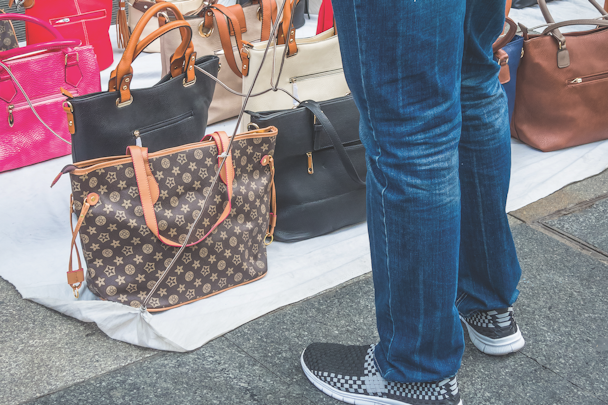Reality check: can Alibaba rescue its reputation from counterfeiters?
The counterfeit goods that plague Alibaba’s platforms continue to be a major thorn in the company’s side.

Many wonder whether Alibaba can shake its reputation as a platform for counterfeits.
In recent years, Alibaba has taken steps to curtail the sale of fakes on sites such as Taobao and Tmall. Yet earlier this year, Taobao found itself back on the US Trade Representative’s ‘notorious markets’ list. In the report, Taobao was called out for the “high volume of infringing products” that reportedly continue to be offered on the site.
Alibaba was not pleased with the accusation. In a blog post, president Michael Evans stated that the list is the result of “a deeply flawed, biased and politicized process”, while claiming that “Alibaba is doing more to protect brands and rights holders than any e-commerce company in the world.”
To be fair, Alibaba has been publicly tackling this problem for some time. Through improving its IP protection program, Alibaba claims it’s now able to handle nearly all take-down requests within 24 hours.
It has also been using technology to take down infringing listings before they’re reported, a practice that resulted in a 25% decline in take-down, according to Alibaba. Additionally, the company has closed down 230,000 IP-infringing stores on Taobao. On the legal side, the company has taken matters into its own hands: last year, it sued two vendors for selling knockoff Swarovski watches.
Despite these efforts many argue that Alibaba is far from solving the problem. Sucharita Kodali, a vice-president and principal analyst at Forrester serving digital business strategy professionals, says many initiatives are simply lip service.
“They of course will say they care about it, but are they really working hard enough to stop it? No,” she says. “Ultimately, Amazon and Alibaba really don’t have an incentive to. Their incentive is to get as much on their platforms as they can.”
There’s also the reality that consumers often seek out fakes due to their lower price, particularly in markets such as China. A 2016 report by the Organisation for Economic Co-operation and Development found China to be the top producer of counterfeits, a market worth nearly half a trillion dollars.
“Many times we assume the consumer doesn’t want to buy counterfeits, but many of them are looking for exactly that because they want a big discount,” says Conrado Lamas, vice-president of communications at brand protection firm Red Points.
What’s perhaps a larger issue for Alibaba is the sheer volume of goods. On last year’s Singles Day, Alibaba claims to have raked in a whopping $25bn. Numbers like this beg the question of whether or not Alibaba can keep counterfeiters at bay, considering its scale.
“The number of items on its platforms is huge, there’s no way it can cover everything,” says Lamas.
Ma recently called on legislators to toughen the laws and penalties against counterfeiters, and Alibaba has also attempted to foster relationships with brands. Last year, the company launched the Big Data Anti-Counterfeiting Alliance in partnership with Louis Vuitton, Samsung and Mars, and struck an agreement in August with Kering to take action against infringers.
Even so, many wonder whether it will ever be able to shake its reputation as a purveyor of counterfeits.
“At the end of the day, I haven’t heard that the counterfeit numbers have gone down substantially,” says Kodali. “Either the problem is more pronounced, or they’re not working as hard as they claim.”
Content created with:

Alibaba
Alibaba Group Holding Limited is a Chinese multinational e-commerce, retail, Internet, AI and technology conglomerate founded in 1999.
Find out more
